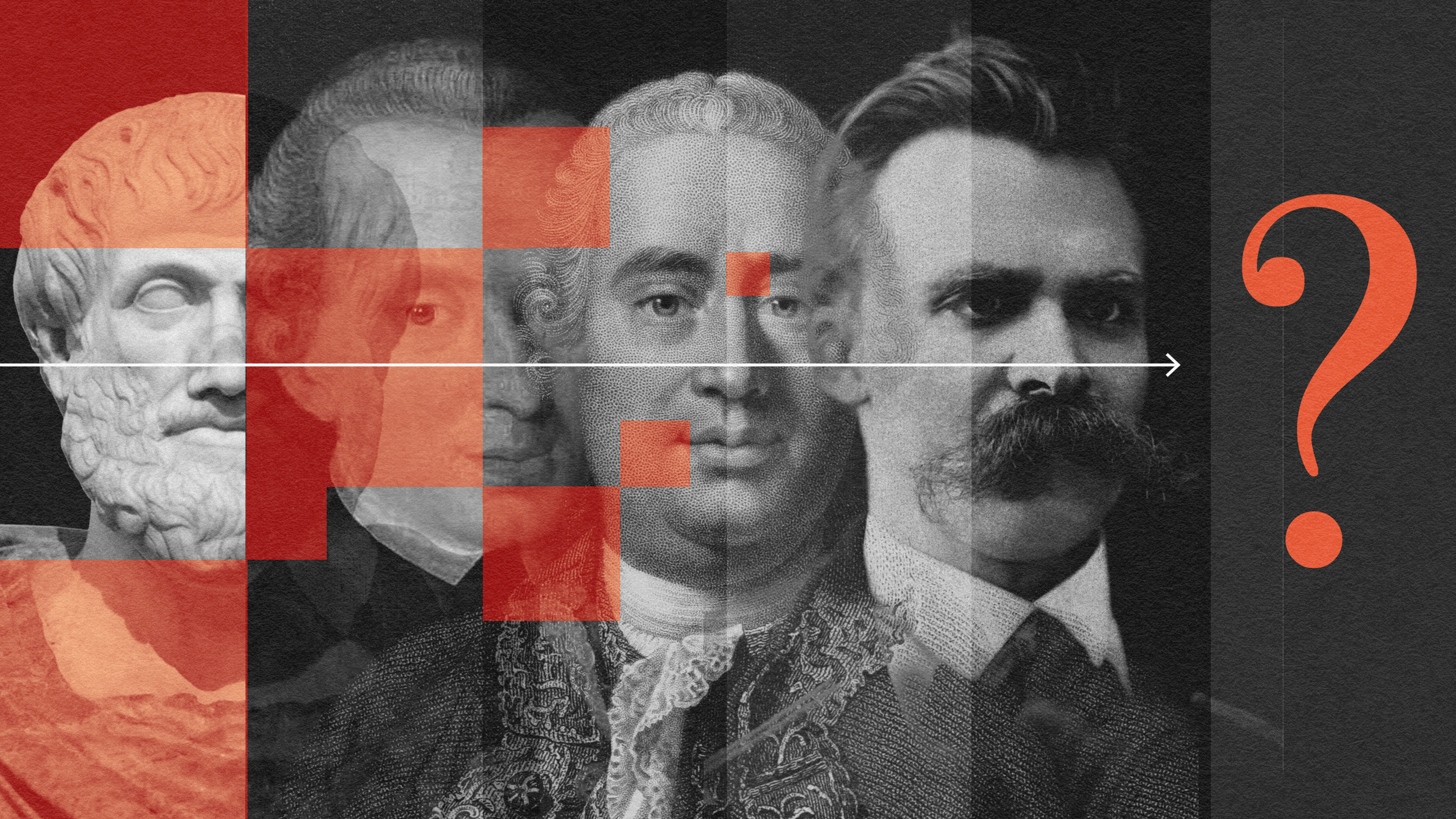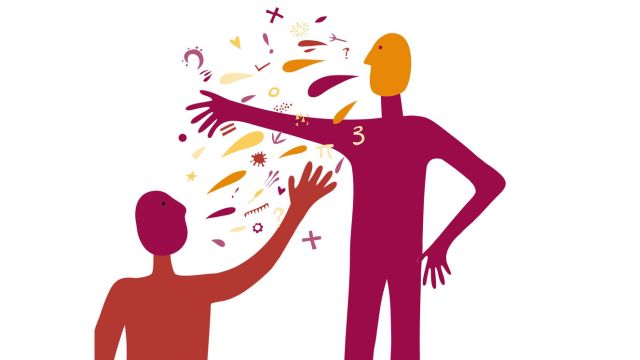The Power of Copycatting

One of the things that we have found in the study of networks is that whenever people are free to choose anything they want they usually choose what their friends have chosen and people tend to copy each other. This sort of fundamental mimicry or this mimicry that we humans evince is extremely fundamental and therefore, networks provide us a kind of mathematical, social and biological tool to understand the kind of fundamental basis for this mimicry because you copy the people to whom you are connected primarily and you come to copy them along a whole variety of traits.
In the workplace these traits might include things like how energized you are at work or how innovative you are at work or how cooperative you are at work or whether you smoke or not or other health traits.
So all these desirable properties, your productivity, your innovativeness, your cooperativeness, your health, come to depend upon the like attributes in individuals to whom you’re connected. Our group and other groups have mapped networks in the workplace, and have come to understand how people are connected to each other and have used that understanding as a kind of mechanism or tool, an opportunity for intervention in order to call forth from people better behavior if you will, more cooperativeness, more innovativeness, more collaborative-ness and better health behaviors.
In Their Own Words is recorded in Big Think’s studio.
Image courtesy of Shutterstock.





